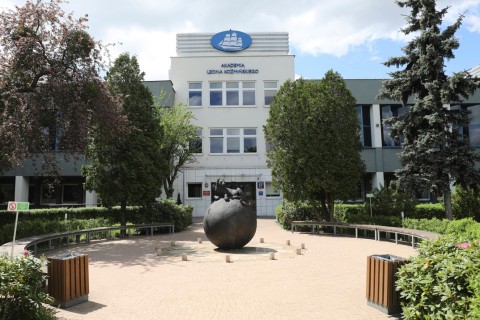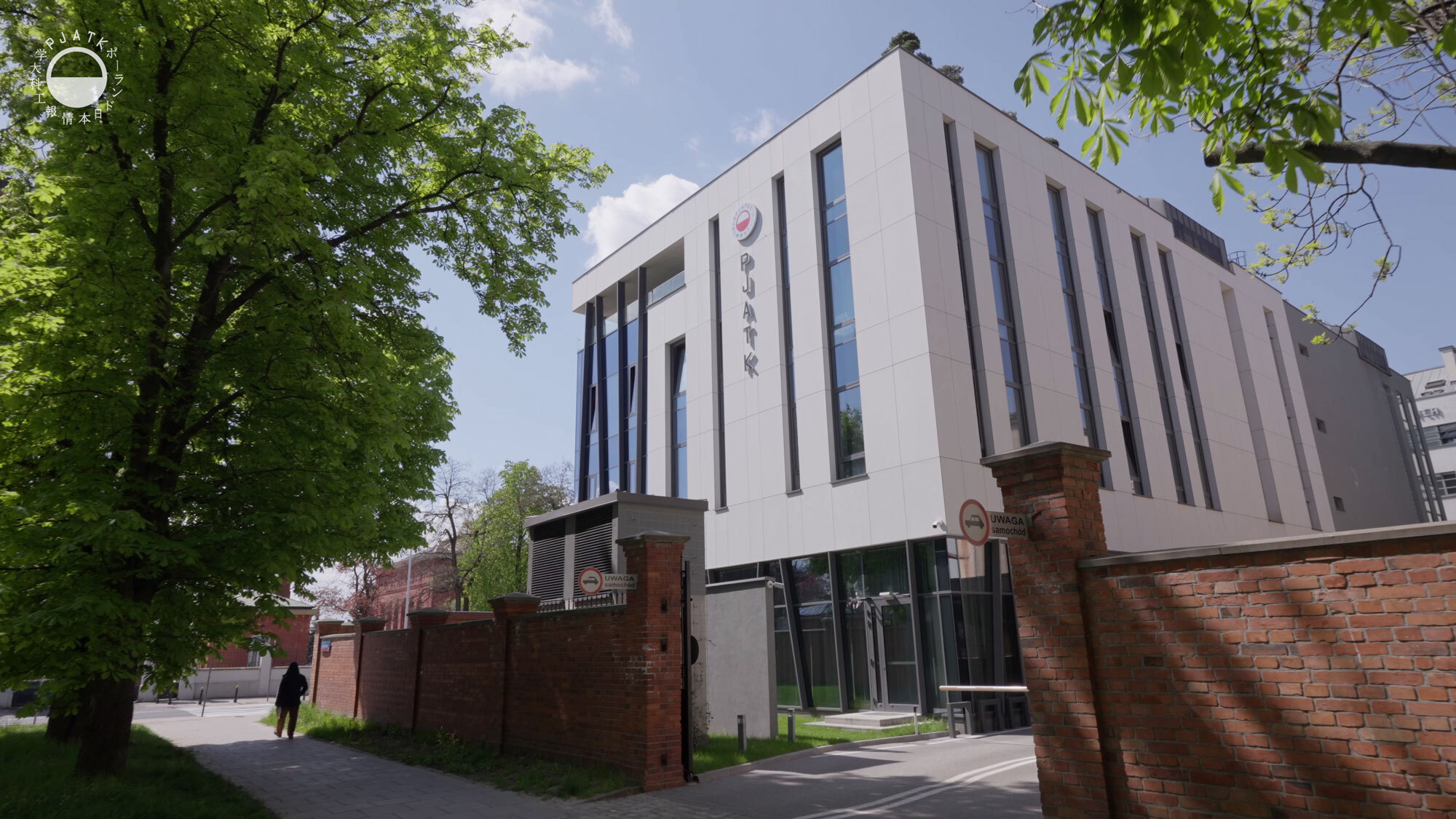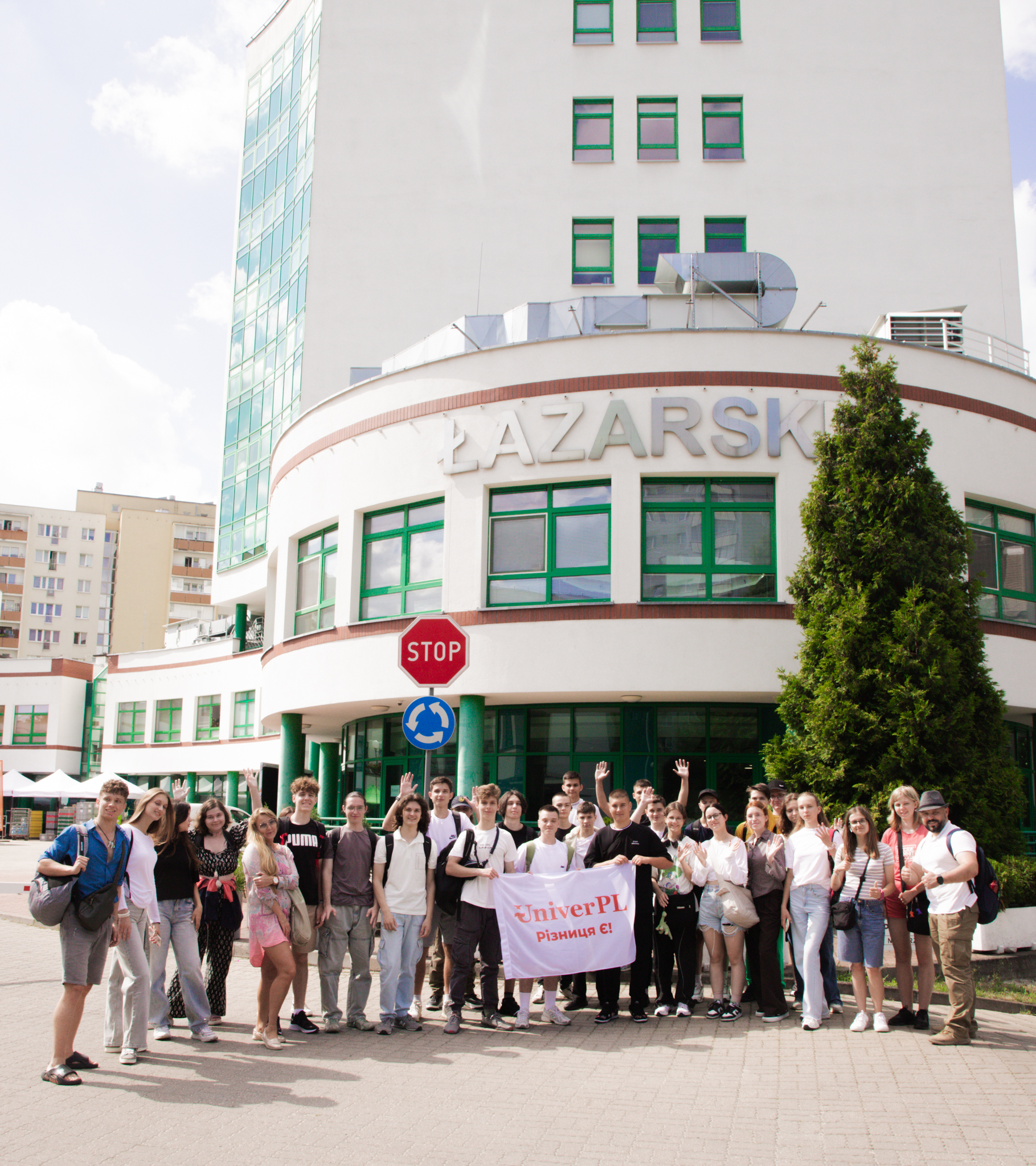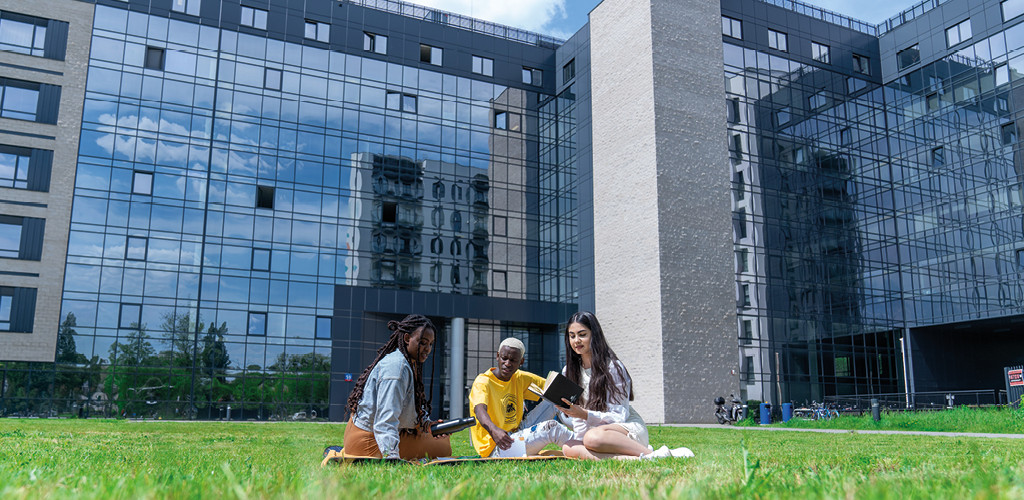Home » Blog » Education in Poland » Differences between Bachelor’s and Master’s Studies in Poland

Differences between Bachelor’s and Master’s Studies in Poland
Poland follows the Bologna Process, which means higher education is divided into two main stages: Bachelor’s and Master’s studies. Each level offers unique experiences, requirements, and benefits — and understanding them helps international students plan their academic journey more effectively.
Academic Structure and Duration
Bachelor’s studies in Poland, known as first-cycle studies, typically last 3 to 4 years (6 to 7 semesters) and lead to the professional title of licencjat or inżynier (engineer). This level of education provides a comprehensive foundation in your chosen field and prepares you for either entering the job market or continuing your education at the Master’s level.
Master’s studies, or second-cycle studies, span 1.5 to 2 years (3 to 5 semesters) and result in the magister degree. This advanced program builds upon the knowledge acquired during Bachelor’s studies and focuses on deeper specialization and research skills.
Both programs follow the Bologna Process standards and use the European Credit Transfer and Accumulation System (ECTS). Bachelor’s students must earn at least 180 ECTS credits, while Master’s students need at least 90 ECTS credits to graduate.
Educational Focus and Approach
The fundamental difference between these two levels lies in their educational philosophy and objectives.
Bachelor’s studies are designed to provide broad foundational knowledge in your field. The focus is on preparing students for future employment or for continued education within a Master’s degree program. During your Bachelor’s, you’ll gain essential theoretical knowledge, develop practical skills, and learn how to apply concepts in real-world situations. The curriculum covers core subjects comprehensively, giving you a well-rounded education in your chosen discipline.
Master’s studies take a more specialized approach. They focus on theoretical knowledge as well as the application and development of creative skills, with arts disciplines emphasizing the development of creativity and talents. Master’s programs encourage critical thinking, research methodology, and independent academic work. You’ll dive deeper into specific areas of your field, often conducting original research and completing a substantial thesis project.
Teaching Style and Expectations
• At the Bachelor’s level, professors guide students more closely, with regular assignments and attendance requirements.
• At the Master’s level, students are expected to take initiative — manage projects, lead discussions, and work independently.
This shift prepares graduates not only for the workplace but also for potential PhD or research studies.
Entry Requirements
The prerequisites for Bachelor’s and Master’s programs differ significantly:
For Bachelor’s studies, you need your high school diploma with transcripts showing your academic performance. Most Polish universities require these documents to be apostilled and translated into Polish by a sworn translator. Some competitive programs may require additional entrance examinations or portfolios, depending on the field of study.
For Master’s studies, you must hold a Bachelor’s degree (licencjat or inżynier) in a related field. Universities carefully evaluate whether your undergraduate education provides adequate preparation for the specific Master’s program you’re applying to. Some programs may require additional coursework if there are gaps in your foundational knowledge. International applicants should also prepare apostilled documents and professional translations.
Long-Cycle Studies: A Special Case
Poland offers an alternative structure for certain fields. Ten fields including: medicine, dentistry, pharmacy, veterinary medicine and law offer long-cycle programs only, lasting 4.5 to 6 years and requiring 300-360 ECTS credits. These integrated programs combine Bachelor’s and Master’s level education in one continuous program, reflecting the comprehensive training required in these professions.
Making Your Decision
Both Bachelor’s and Master’s studies in Poland offer excellent education that’s recognized across Europe and beyond. The key is understanding which level suits your current situation and future ambitions. Bachelor’s programs provide essential knowledge and skills for professional success, while Master’s programs offer advanced expertise and research capabilities that open doors to specialized careers.
Poland’s higher education system, aligned with European standards, ensures that whichever path you choose, you’ll receive quality education that prepares you for success in the global marketplace. The combination of affordable tuition, high academic standards, and vibrant student life makes Poland an increasingly popular destination for international students at both levels.
Take time to research specific programs, consider your career goals, and don’t hesitate to reach out for expert guidance. Your educational journey is unique, and choosing the right program level is a crucial step toward achieving your dreams.
Similar articles
Other chapters
Apply now
We will select the field of study, educational institution, and explain the admission process in detail for you. Free consultation.
We respond as quickly as possible!










